Director: Wael Abu Mansour Starring: Osama Al-Qass, Aisha Kay, Barra Alam, Noor Al-Khadra, Hussam Al-Harthi Production: Mohammed Al-Hamoud, Shouqi K
Director: Wael Abu Mansour
Starring: Osama Al-Qass, Aisha Kay, Barra Alam, Noor Al-Khadra, Hussam Al-Harthi
Production: Mohammed Al-Hamoud, Shouqi Knaissi, Moataz Al-Jafri
An Evocative Opening
The Saudi film Saifi begins with a striking visual metaphor: a man emerges from the vast, open sea, clutching a worn-out bag, standing breathless on the wet sand as the waves retreat. The tranquility of the ocean fades, replaced by the labored breathing of the protagonist, creating an atmosphere that feels like both an ending and a beginning.
This powerful opening sets the stage for Wael Abu Mansour’s second feature film, following City of Amusement (2020). Saifi premiered at the 4th Red Sea International Film Festival, competing in the “Red Sea Competition” alongside 15 other Arab and international feature films.
The Plot: Chasing Dreams Amid Chaos
Set in Saudi Arabia during the late 1990s, Saifi tells the story of Saifi Mohammed (played by Osama Al-Qass), a man in his 40s clinging to dreams of quick wealth despite his limited skills. Saifi runs a cassette shop called Tape of the Universe, dealing in everything from popular music to banned religious sermons and secret recordings supplied by Al-Mahdi (Hussam Al-Harthi), a religious advisor to the influential businessman Sheikh Asaad Aman (Ahmed Yamani).
Parallel to this, Saifi leads a traditional wedding band with his loyal friend Ziryab (Barra Alam), navigating the cultural contradictions of an era marked by the coexistence of art, religion, and politics.
Themes and Symbolism
1. The 1990s as a Cultural Backdrop
The film masterfully captures the spirit of Saudi Arabia in the 1990s—a time of transformation and tension. Cassettes, once a symbol of freedom of expression, become a narrative device that propels the story, revealing the hidden struggles of a society on the brink of change.
2. The Illusion of Wealth
Saifi’s relentless pursuit of quick riches highlights a broader societal theme: the desperation to rise above one’s circumstances, even when the odds are stacked against success.
3. Moral Ambiguity
Director Wael Abu Mansour avoids presenting any character as purely innocent or wholly guilty. Instead, he paints each one in shades of gray, reflecting the complexity of human relationships and moral dilemmas.
4. Women’s Role in Society
The female characters, particularly Rabea (Aisha Kay) and her sister Rabia (Noor Al-Khadran), bring depth to the narrative. While navigating their struggles, they represent resilience and the fight for autonomy in a male-dominated world.
A Collaboration of Talent
Osama Al-Qass as Saifi:
Al-Qass delivers a nuanced performance as a man caught between his ambitions and limitations. His portrayal captures Saifi’s contradictions—a character both frustrating and deeply relatable.
Aisha Kay as Rabea:
Kay brings emotional depth to Rabea, Saifi’s ex-wife, who grapples with her feelings toward him while seeking her own path to healing and self-discovery.
Barra Alam as Ziryab:
Alam’s portrayal of Ziryab provides a layer of introspection, showing the character’s internal conflict between loyalty to Saifi and his own aspirations.
Hussam Al-Harthi as Al-Mahdi:
Al-Harthi’s role as the religious advisor highlights the power dynamics and moral compromises prevalent in the socio-political landscape of the time.
Director’s Vision
Wael Abu Mansour has crafted a film that transcends the boundaries of a period drama. His meticulous attention to detail and collaborative approach with the cast create an authentic world that resonates deeply with the audience. Abu Mansour describes Saifi as “a chaotic yet deeply impactful character whose actions ripple through the lives of everyone around him.”
Abu Mansour intentionally set the story in the 1990s to serve as both a backdrop and a catalyst for the narrative. “The cassette era wasn’t just a setting; it was a reflection of a time when secrets could be shared or destroyed with the push of a button,” he explains.
A Celebration of Collaboration
The chemistry between the cast and crew was a defining factor in the film’s success. Abu Mansour worked closely with the actors, allowing them to infuse their characters with personal touches while maintaining the integrity of the script. “The best performances come from collaboration,” he notes, “where actors feel connected to their roles and free to experiment.”
Why Saifi Stands Out
- Cultural Authenticity: The film immerses viewers in the 1990s Saudi Arabia, recreating the aesthetic and societal nuances of the era.
- Rich Character Development: Each character is crafted with depth and complexity, making the story both relatable and thought-provoking.
- Timeless Themes: The film explores universal struggles—ambition, morality, and resilience—within a distinctly Saudi context.
Recognition at the Red Sea International Film Festival
Saifi was met with critical acclaim at the 4th Red Sea International Film Festival, a platform celebrating the best in Arab and international cinema. Its inclusion in the competition highlights its significance as a powerful narrative in the evolving landscape of Saudi filmmaking.
Final Thoughts
Saifi is not just a film about the past; it is a mirror reflecting the complexities of human ambition and societal change. With its compelling narrative, stellar performances, and masterful direction, Wael Abu Mansour’s Saifi stands as a testament to the power of storytelling in bridging cultural divides and evoking universal truths.
Sari Albeder – Red Sea International Film Festival 2024 – #RSIFF24 #Theworldscreencom
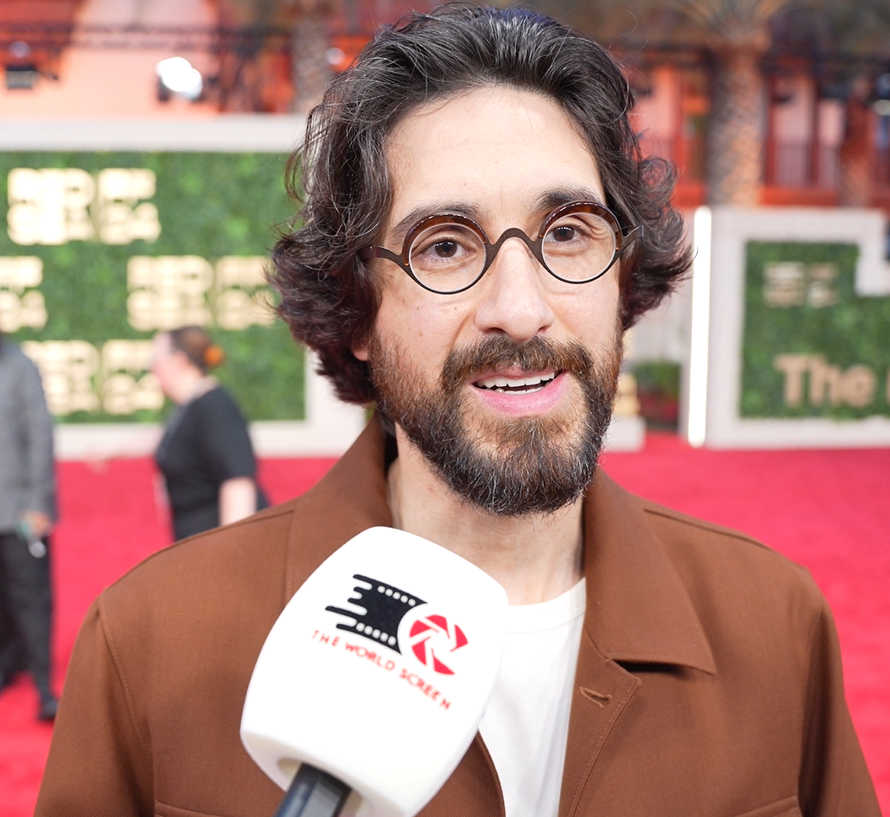
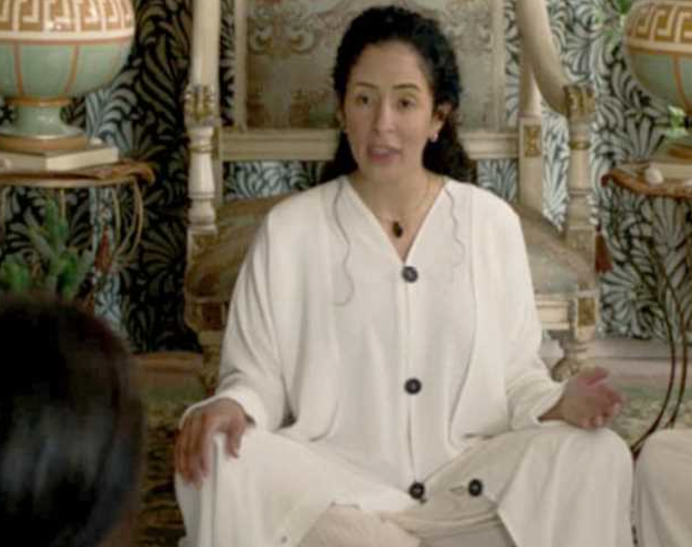
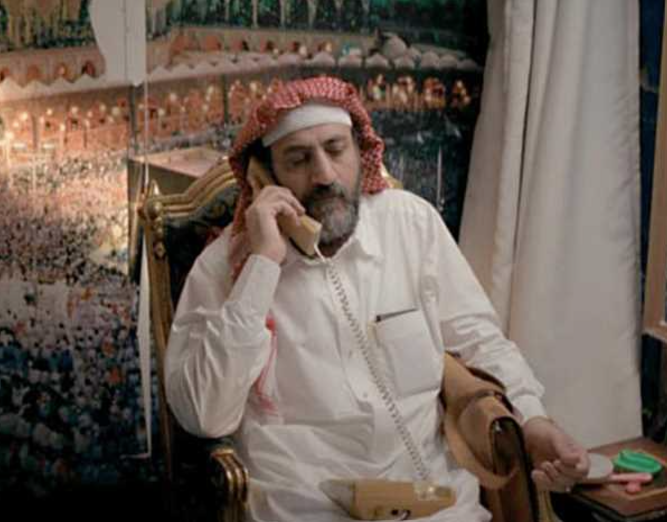
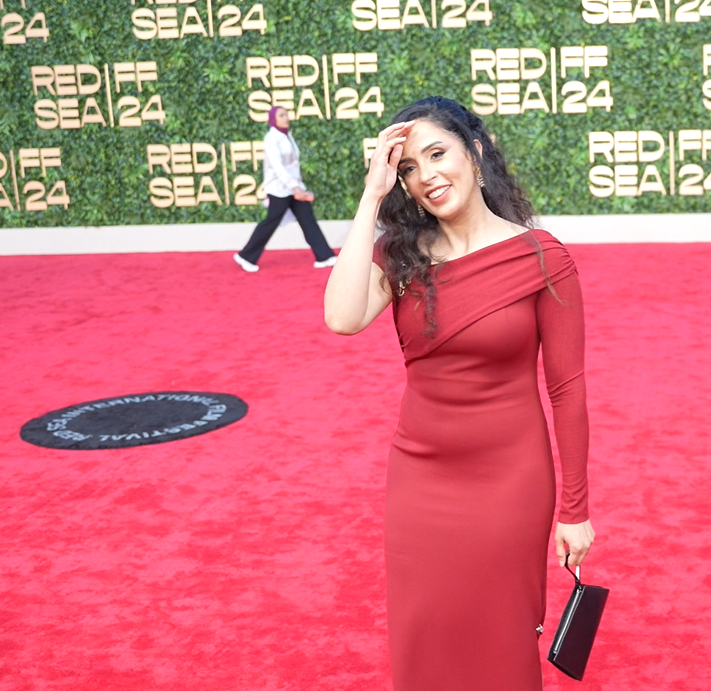
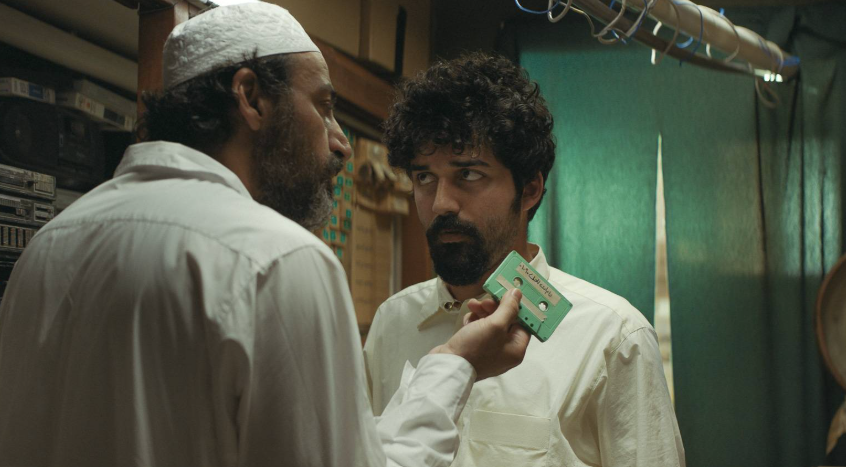
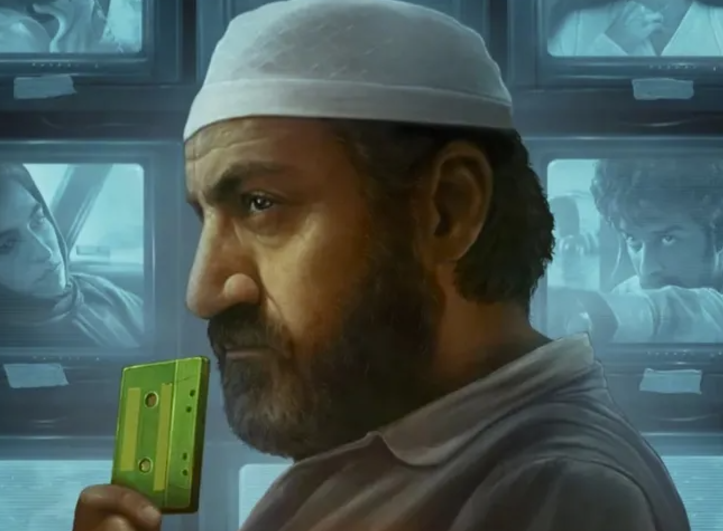
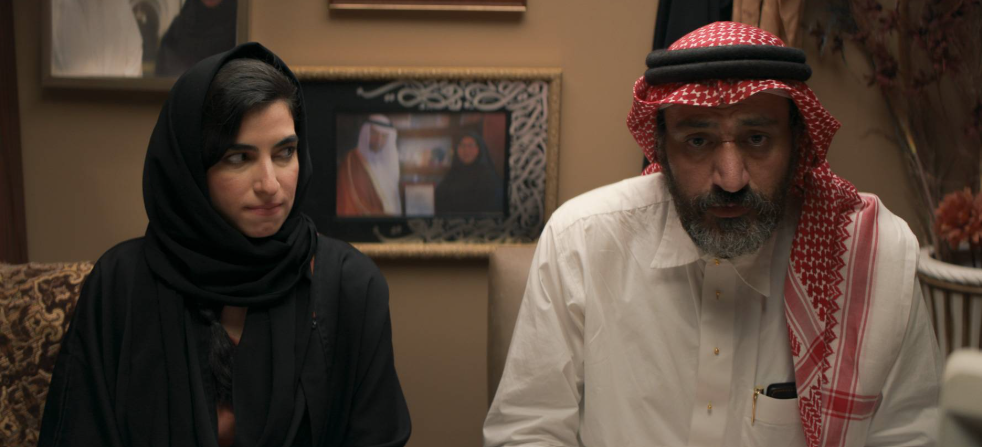
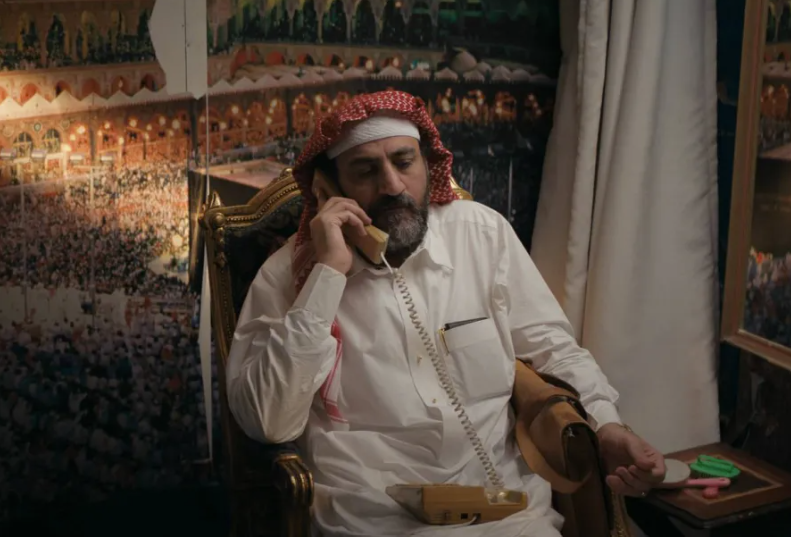
COMMENTS